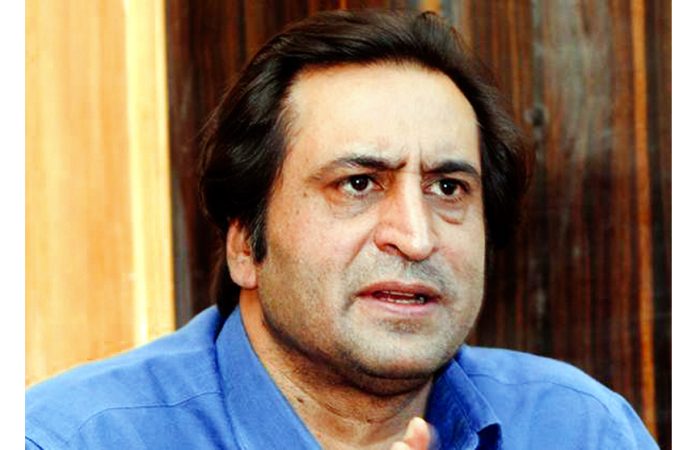
Billionaire Gautam Adani recently shared his insights on work-life balance in an interview with IANS, offering a personal and nuanced perspective. Adani emphasized that work-life balance is deeply subjective, remarking, “If you enjoy what you do, then you have a work-life balance. Your work-life balance should not be imposed on me, and my work-life balance shouldn't be imposed on you.
” ET Year-end Special Reads The mother of all Indian IPOs: Is it coming in 2025? 10 big events India witnessed in 2024 Thriller or mystery? How India's economy can unfold in 2025 He explained that balance depends on individual preferences, highlighting that one person might derive joy from spending four hours with their family, while another might prefer dedicating eight hours. “If someone spends eight hours and their spouse leaves, that’s another story,” he quipped, underlining the importance of mutual happiness. Adani stressed that the true essence of work-life balance lies in shared joy and personal satisfaction, stating, “If it brings you happiness and the other person is also happy, then that's the true definition of work-life balance.

” His perspective advocates flexibility, reinforcing the idea that balance varies across individuals and relationships. The 70-Hour Work Week Debate Adani’s comments come in the wake of a national debate initiated by Infosys founder NR Narayana Murthy , who last year proposed a 70-hour work week. Murthy argued that such dedication is essential for India to compete with advanced economies.
Drawing from his personal experience, Murthy revealed, “I used to work 85-90 hours a week until I retired. Having received a government-subsidized education and scholarships, I believe those of us who have benefited owe it to society to work hard for its betterment.” Despite criticism, Murthy stood firm on his stance, emphasizing the moral obligation of the privileged to contribute through hard work.
“I don’t regret it. Hard work is an enormous responsibility for those of us who have been privileged by the system,” he asserted. Bhavish Aggarwal’s Endorsement Ola CEO Bhavish Aggarwal echoed Murthy’s sentiments, supporting the idea of a 70-hour work week.
Speaking on a podcast, Aggarwal stated, “When Mr. Murthy said that, I was publicly in support of it and got trolled on social media. But I don’t care.
I strongly believe one generation will have to do tapasya to build the number one country in the world.” Aggarwal challenged traditional notions of work-life balance, asserting, “If you are enjoying your work, you will find happiness in life too. Both will be in harmony.
” Diverse Views on Balance The contrasting perspectives of these influential leaders reflect the subjective nature of work-life balance. While some prioritize relentless dedication for societal advancement, others advocate for an individualized approach rooted in personal joy and mutual contentment. These differing viewpoints underscore the complexity of achieving a balance that aligns with both personal and collective goals.
.















